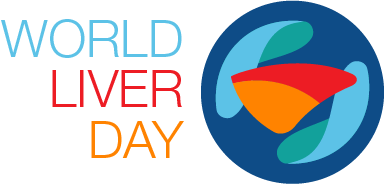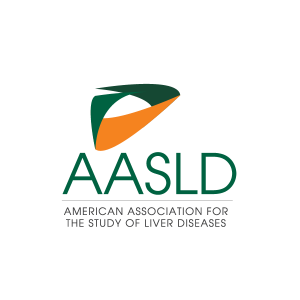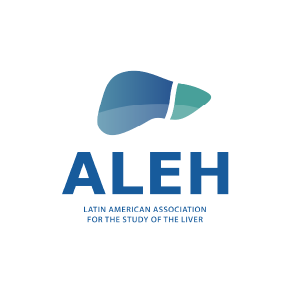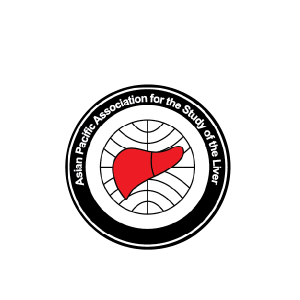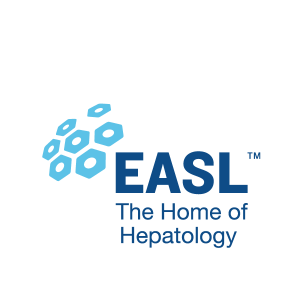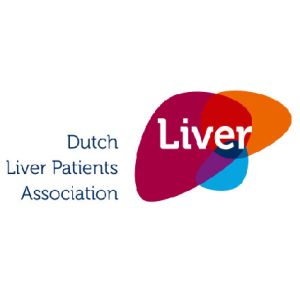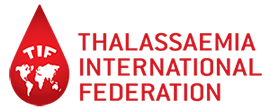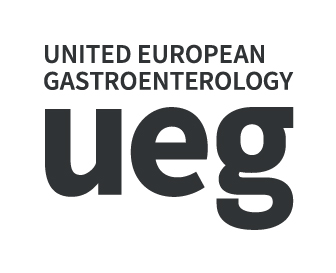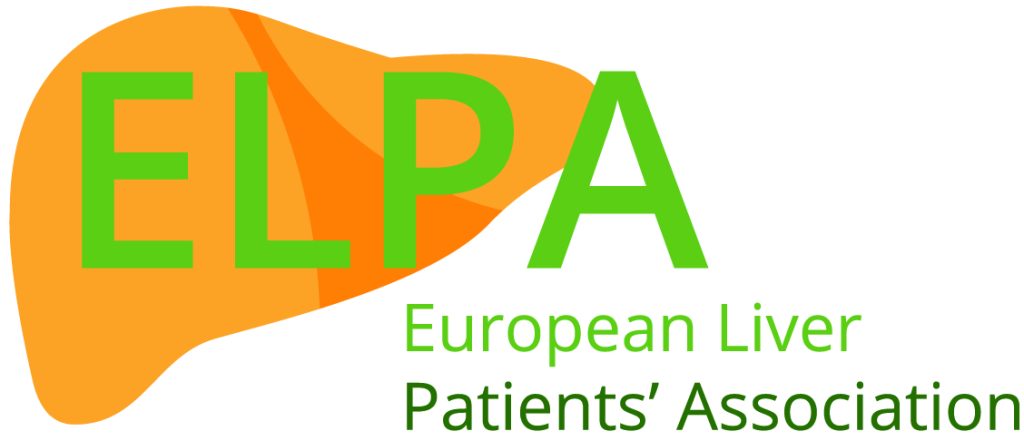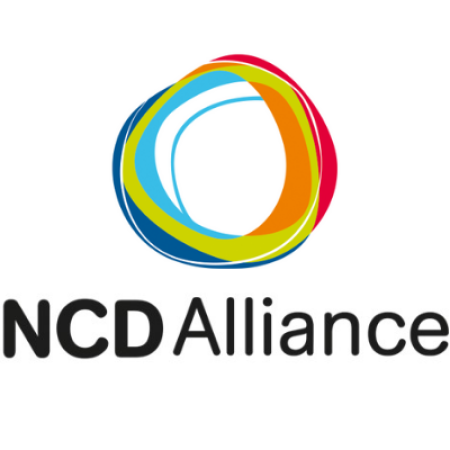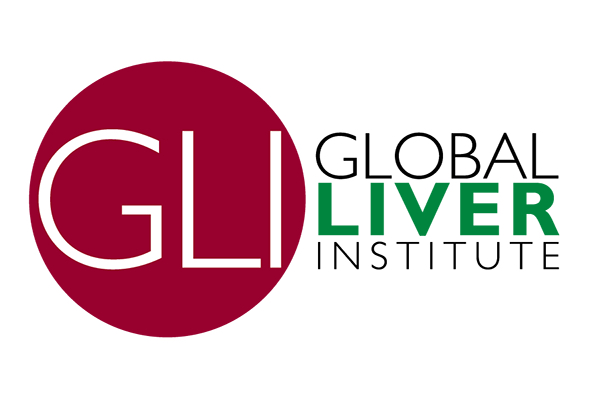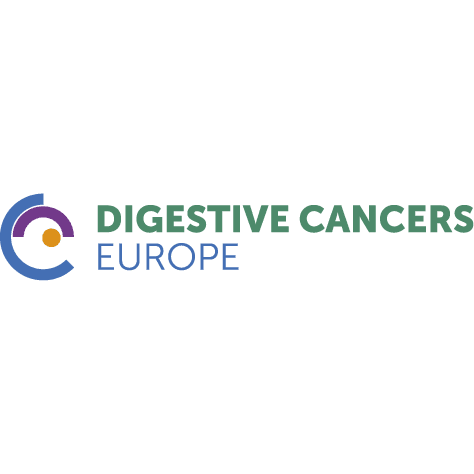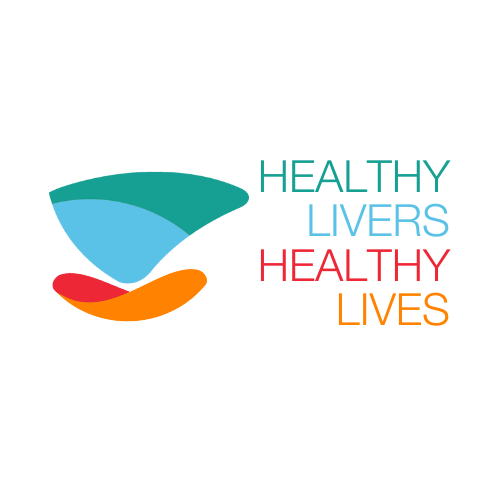Meet our partners
WORLD LIVER DAY PARTNERS


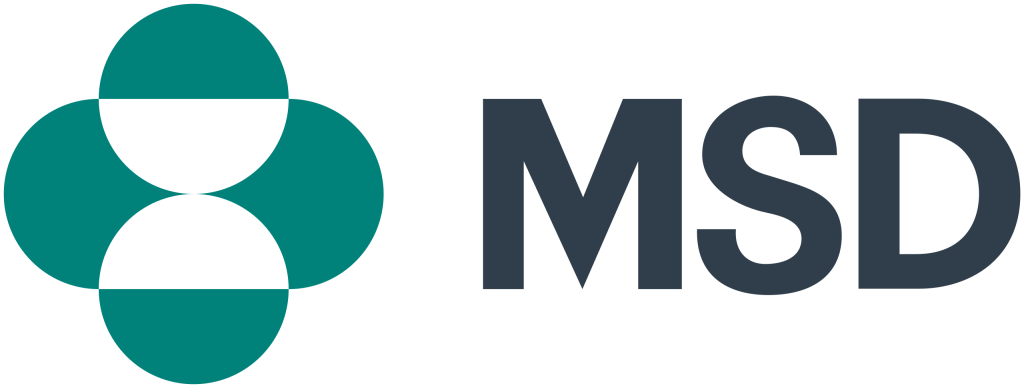
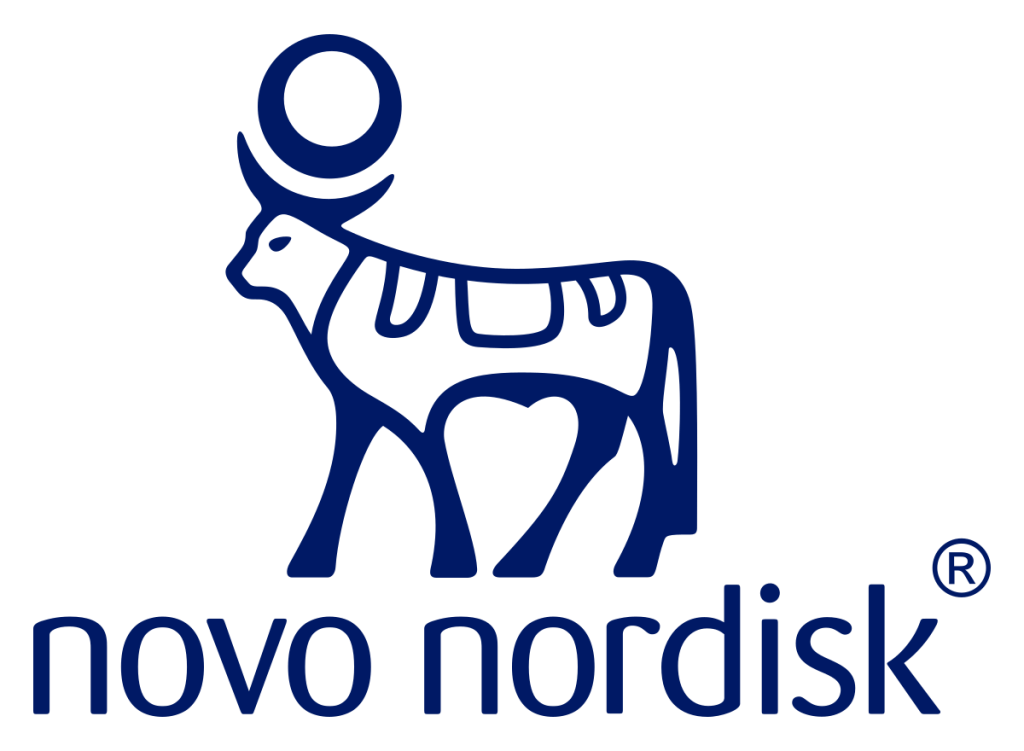
The World Liver Day activities carried out under the umbrella of Healthy Livers, Healthy Lives, are supported by Boehringer Ingelheim, Echosens, MSD, and Novo Nordisk. Our industry partners have had no input into the content of the World Liver Day activities.
Joint Declaration
Towards the establishment of the World Health Organization’s endorsement of 19 April as the official WORLD LIVER DAY
The European Association for the Study of the Liver (EASL), the Asian Pacific Association for the Study of the Liver (APASL), the American Association for the Study of the Liver Diseases (AASLD), the Asociacion Latinoamericana para el Estudio del Higado (ALEH) and the Society on Liver Disease in Africa (SOLDA) jointly call on the World Health Organization (WHO) to endorse the establishment of a World Liver Day on 19 April every year.
On behalf of the global scientific liver health community and with endorsement of relevant scientific societies, patient advocacy organisations, and public health organisations engaged in the improvement of care for patients with liver diseases, we call on the WHO to urgently adopt World Liver Day and leave no organ behind.
We, the major regional liver associations,
MAKE this call internationally on 19 April;
RECOGNISING that liver disease represents an enormous health and socio-economic burden for societies worldwide. Steatotic liver disease (SLD) affects as much as a quarter of the global population with a growing prevalence synchronous with the increasing rates of obesity and type-2 diabetes. With respect to cancer, unlike other preventable cancers which are either stable or in decline, liver cancer is on the rise and quickly becoming a global health burden with an estimated 905,677 cases occurring in 2020 alone. Viral hepatitis presents additional global health challenges with death rates beginning to outnumber those from HIV/AIDS;
KNOWING that liver diseases do not receive the attention in the global political health agenda resulting in major gaps in countries’ strategies and abilities to tackle the growing burden;
ALARMED that steatotic liver disease is a neglected non-communicable disease as evidence by its exclusion in the World Health Organization 2013-2020 Global Action Plan for Prevention and Control of Non-Communicable Diseases (NCDs) as well as the 2023-2030 Implementation Roadmap for the Global Action for the Prevention and Control of NCDs. Furthermore, the WHO has adopted several strategies for communicable disease elimination, including HBV and HCV by 2030; however, most countries are not on track for elimination of either;
AWARE that stigma plays an important role in creating barriers to early disease detection and access inequity to appropriate care for certain at-risk populations such as people who inject drugs, people with alcohol disorders, and people living with obesity;
CONSIDERING the strength of evidence-based support for public health measures in reducing the incidence and prevalence of both communicable and non-communicable forms of liver diseases;
And
AIMING to raise awareness of the liver’s functions and its unique regenerative capacity, to educate the public about what can damage the liver, what types of liver diseases exist and how to be diagnosed, prevented, and treated for them, and to demonstrate the long-term consequences of undiagnosed and untreated liver disease.
Do hereby declare:
- World Liver Day will help to increase awareness on this major global public health issue and shine a light on the urgently missing, and needed, political will to address challenges and barriers to prevention, detection, and treatment.
- World Liver Day will contribute to an increased awareness of the importance of early detection and screening while prioritising the inclusion of liver cancer screening in national cancer screening policies.
- World Liver Day will have a crucial role in disseminating scientific public health information relevant to civil society, patients, and policymakers.
- World Liver Day will increase prevention education and foster a better understanding of liver health and the value of implementing evidence-based alcohol and sugary, fatty, ultra-processed food and drinks control policies.
- World Liver Day will bridge the gap between population health needs and policy makers’ actions and priorities allowing a move towards a more aware and healthier world.
This joint declaration was released on 19 April 2023.
- Marcellin Patrick, Blaise K. Kutala, Liver diseases: A major, neglected global public health problem requiring urgent actions and large-scale screening, Wiley Liver International, 2017
- Younossi ZM, Koenig AB, Abdelatif D, et al. Global epidemiology of nonalcoholic fatty liver disease-Meta-analytic assessment of prevalence, incidence, and outcomes. Hepatology. 2016;64:73-84.
- Marcellin Patrick, Blaise K. Kutala, Liver diseases: A major, neglected global public health problem requiring urgent actions and large-scale screening, Wiley Liver International, 2017
- Lazarus JV, Ekstedt M et al. A cross-sectional study of the public health response to non-alcoholic fatty liver disease in Europe. JHEP (2020). https://www.journal-of-hepatology.eu/article/S0168-8278(19)30521-5/fulltext
- Tomiyama, A., Carr, D., Granberg, E. et al. How and why weight stigma drives the obesity ‘epidemic’ and harms health. BMC Med 16, 123 (2018).
